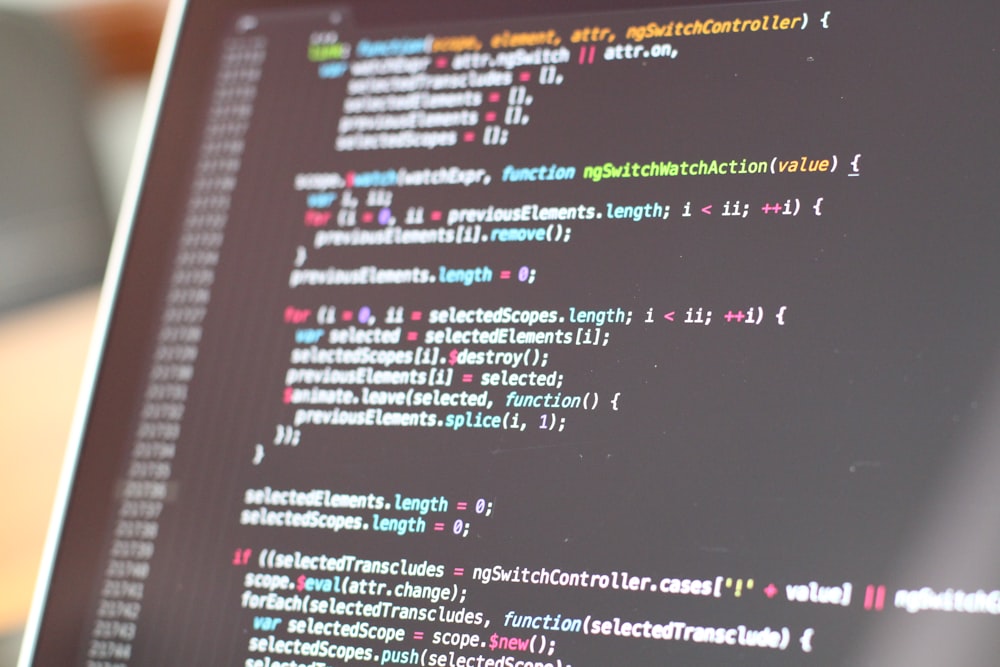
Mastering C Programming A Comprehensive Guide
Embarking on a Coding Odyssey: Mastering C Programming
Welcome to the world of programming, where the language of C stands tall as a foundational pillar. This article serves as your comprehensive guide to mastering C programming, unraveling its intricacies and showcasing its versatility. Whether you’re a budding developer or a seasoned coder looking to enhance your skills, let’s dive into the realm of C programming and explore the journey ahead.
Understanding the Essence: What is C Programming?
At the core of computer programming lies C, a powerful and versatile language that has stood the test of time. Developed in the 1970s, C has become the bedrock for many modern programming languages. Known for its efficiency and close-to-the-machine approach, understanding C provides a solid foundation for delving into other languages.
Setting the Stage: Installing a C Compiler
Before we embark on our coding journey, let’s set the stage by installing a C compiler. The compiler is the tool that translates our human-readable C code into machine-executable instructions. Whether you choose GCC for Unix-based systems or a user-friendly IDE like Code::Blocks, having a compiler is the first step towards bringing your C code to life.
The Hello World Tradition: Your First C Program
In the tradition of programming languages, our journey begins with the timeless “Hello World” program. Writing your first C program is a rite of passage. Open your chosen development environment, type printf("Hello, World!\n");, compile the code, and witness the magic of your inaugural C output. Congratulations – you’ve officially entered the world of C programming!
Variables and Data Types: The Building Blocks
Understanding variables and data types is fundamental in any programming language, and C is no exception. In C, you declare variables to store data, and each variable has a specific data type. Whether dealing with integers, floats, characters, or arrays, mastering variables and data types is akin to building the foundation of a sturdy programming structure.
Control Flow: Navigating the C Pathways
In the world of C programming, control flow structures are the navigational tools guiding the execution of your code. From conditional statements like if-else to loops such as for and while, these structures empower you to dictate the path your program takes. Mastering control flow is crucial for creating logic and making your programs dynamic.
Functions: The Powerhouses of C
Functions in C are powerful entities that encapsulate blocks of code, making your programs modular and efficient. Understanding how to declare, define, and call functions is fundamental. Functions enable code reuse, organization, and the creation of scalable programs. Think of functions as the engines driving your C programs forward.
Arrays and Pointers: C’s Dynamic Duo
Arrays and pointers are dynamic duo in C programming, offering powerful tools for working with data. Arrays allow you to organize and manipulate data sequentially, while pointers provide a mechanism for working directly with memory addresses. Mastering the interplay between arrays and pointers unlocks advanced capabilities and enhances your coding prowess.
Structures and Unions: Organizing Data
In C, structures






